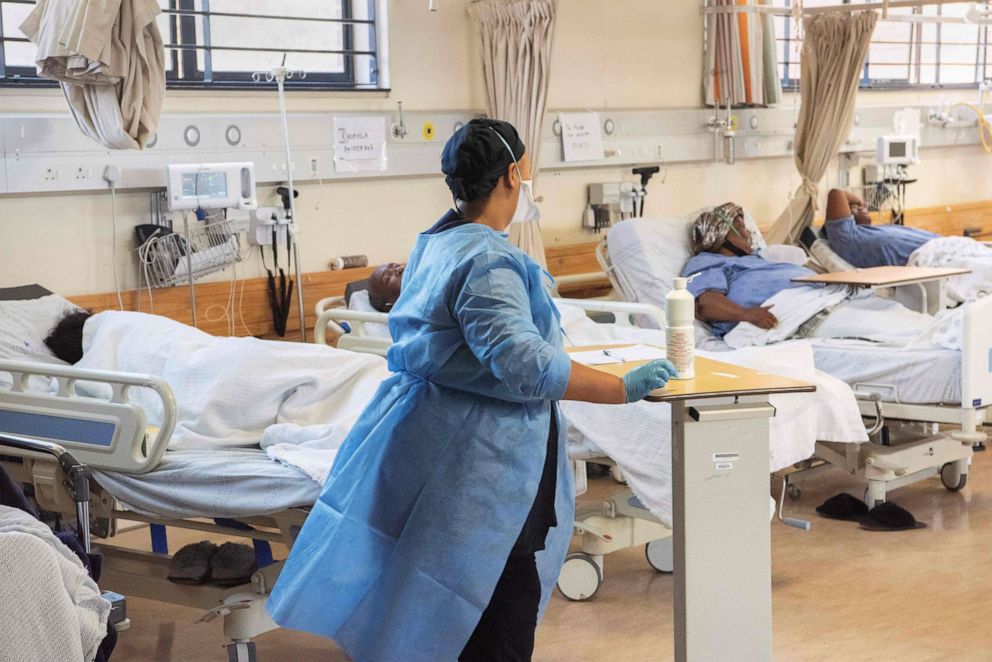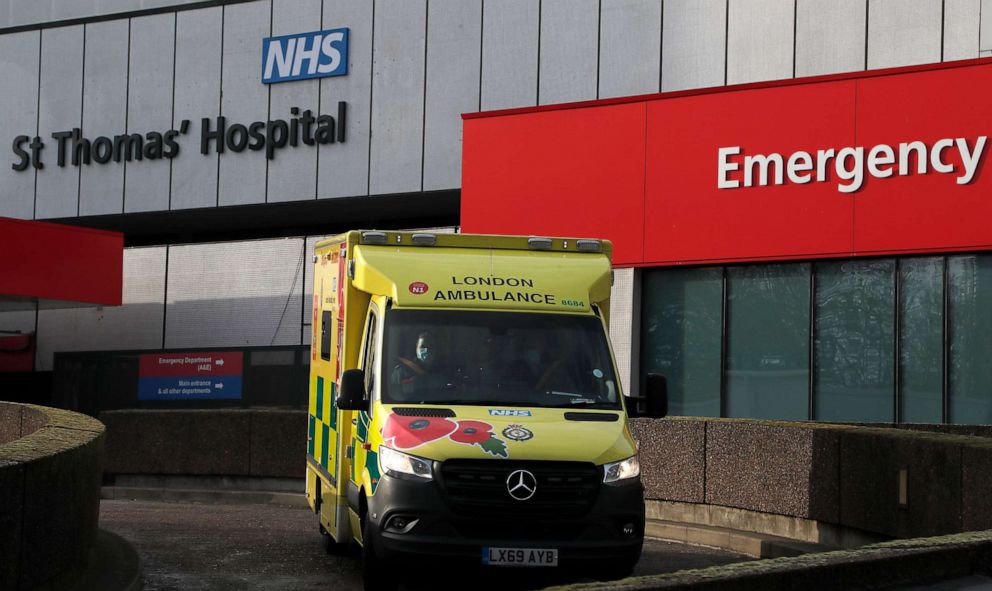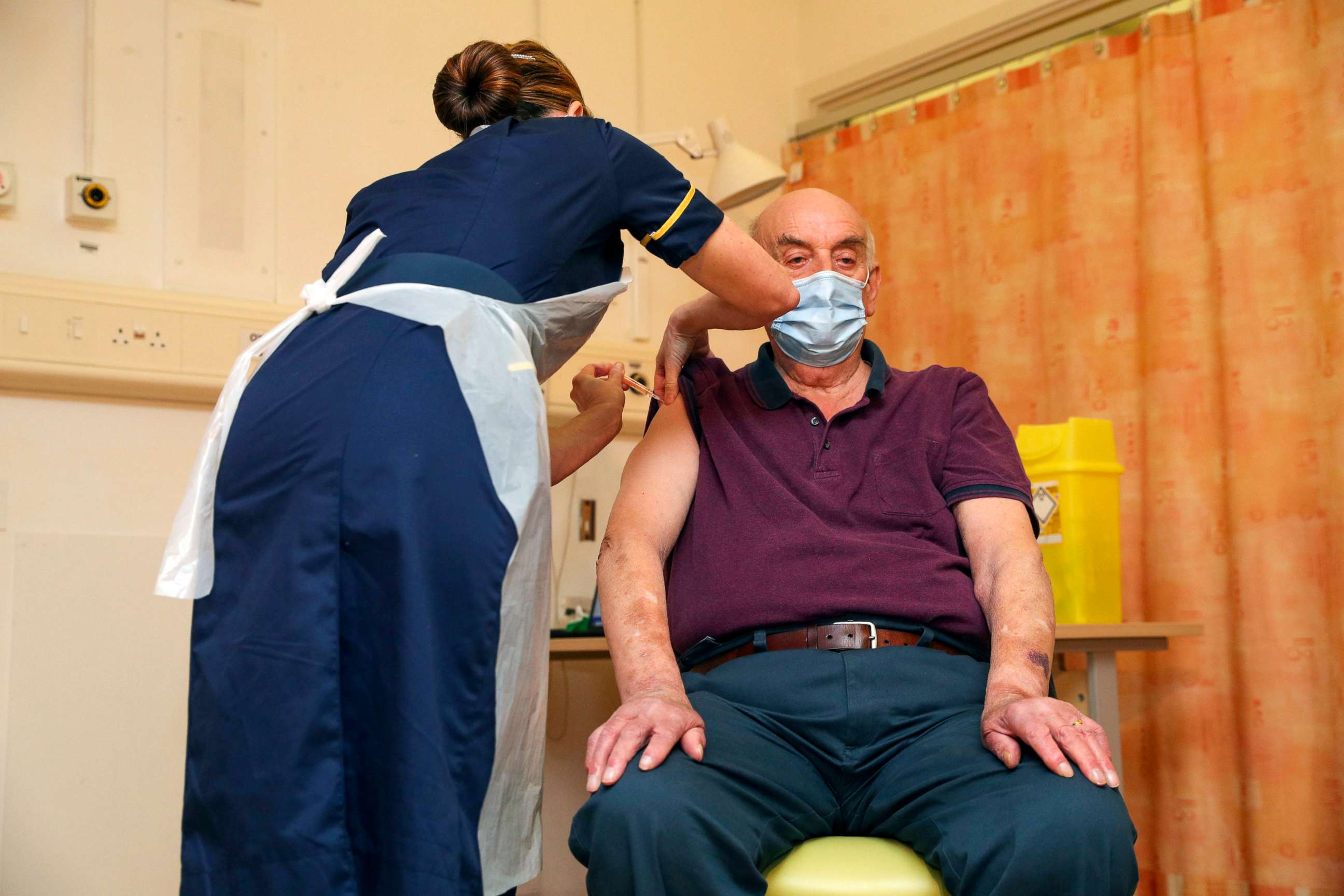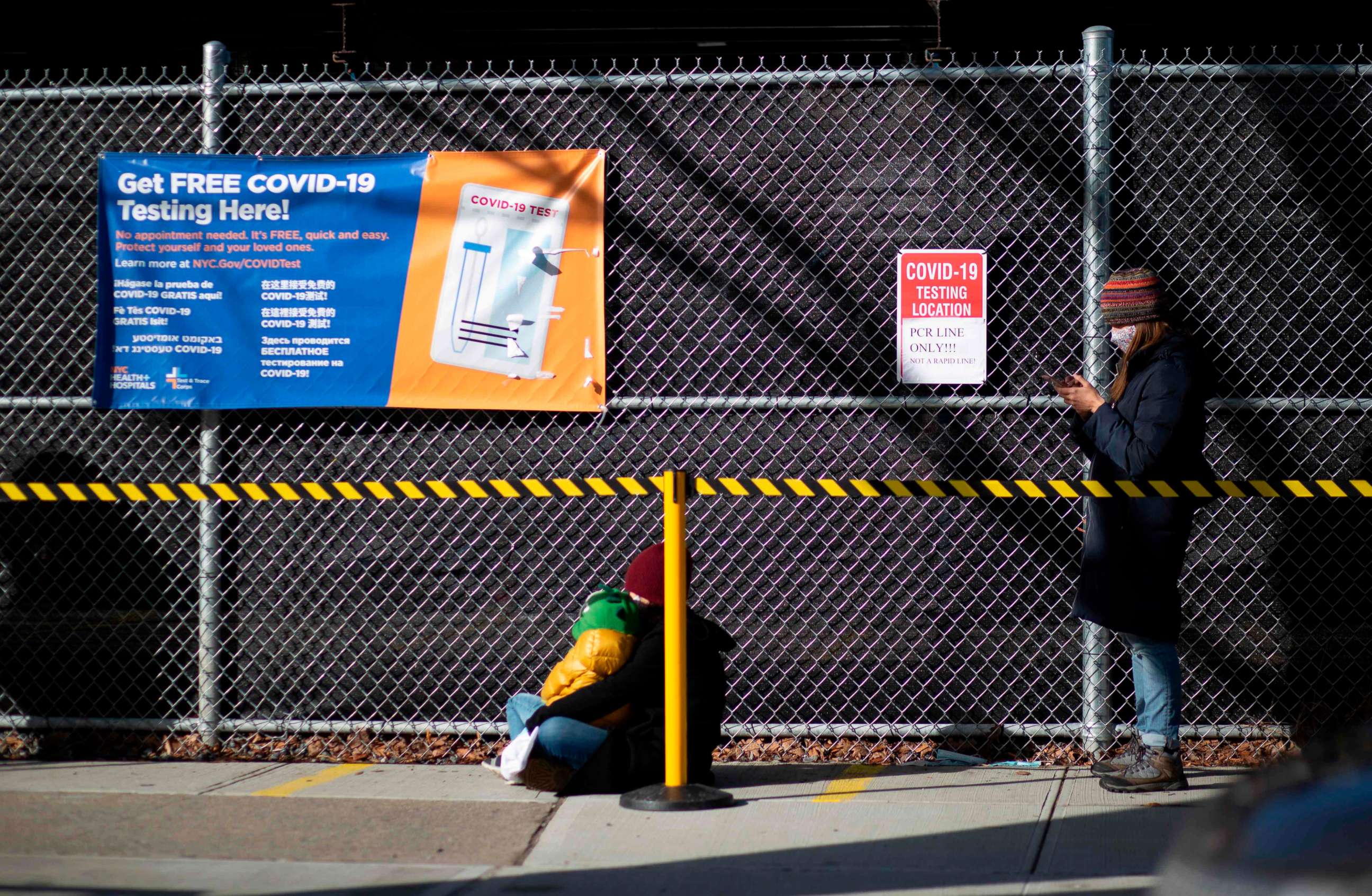South Africa variant 'even more of a problem' than UK strain, health secretary says
A new variant of the novel coronavirus identified in South Africa is "even more of a problem" than the highly contagious strain spreading rapidly in the United Kingdom, according to British Health Secretary Matt Hancock.
"I’m incredibly worried about the South African variant, and that’s why we took the action that we did to restrict all flights from South Africa," Hancock said in an interview Monday on BBC Radio 4's "Today" program.
"This is a very, very significant problem," he added, "and it’s even more of a problem than the U.K. new variant."

Last month, the U.K. introduced a ban on travelers who have been in or transited through South Africa in the last 10 days due to an "increased risk" from the country's variant, called 501Y.V2. The travel ban does not apply to British or Irish nationals, U.K. visa holders and permanent residents, but they must self-quarantine.
The new rule comes as the U.K. grapples with a new, more contagious variant of the novel coronavirus that was identified in Kent in September. The strain, called B117, is currently prevalent in London and other parts of southeast England. It was also confirmed in the United States for the first time on Tuesday.
The South Africa variant was detected in the U.K. for the first time last week, linked to a contact of someone who had been in South Africa.

South African scientists say 501Y.V2 emerged after the first epidemic wave in a severely affected metropolitan area, Nelson Mandela Bay, located on the coast of South Africa's Eastern Cape province.
"This lineage spread rapidly, becoming within weeks the dominant lineage in the Eastern Cape and Western Cape provinces," researchers wrote in a scientific paper published last month. "Whilst the full significance of the mutations is yet to be determined, the genomic data, showing the rapid displacement of other lineages, suggest that this lineage may be associated with increased transmissibility."
South Africa, a nation of 57 million people, has reported more than 1.1 million confirmed cases of COVID-19 since the start of the pandemic, including at least 29,577 deaths. The country makes up for nearly 40% of all confirmed COVID-19 cases in Africa, a continent of 1.2 billion people, according to the latest data from the Africa Centers for Disease Control and Prevention.
The U.K., an island nation of 66 million people made up of England, Scotland, Wales and Northern Ireland, has reported more than 2.6 million confirmed cases of COVID-19 since the start of the pandemic, including at least 75,024 deaths, according to the latest data from the U.K. government. A count kept by Johns Hopkins University shows the U.K. currently has the sixth-highest total of diagnosed cases in the world.







